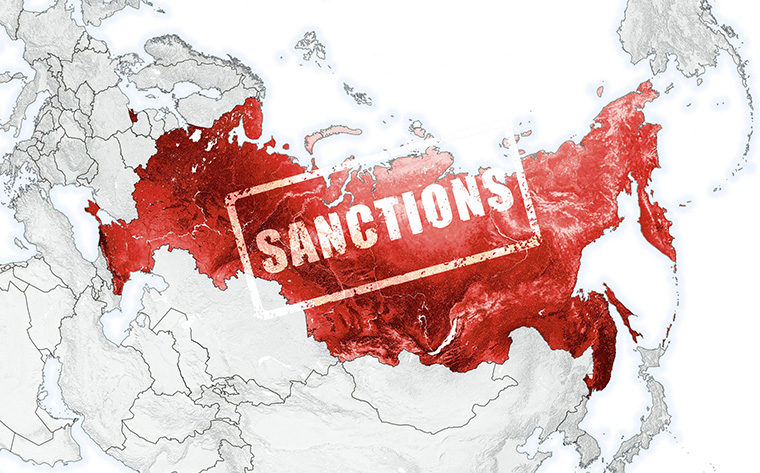
AML Fines are on the Rise. Here’s How to Avoid Them
Anti-money laundering fines are up by 50%. Here's how your company can avoid being next Avoiding a breach of Anti-Money Laundering (AML) regulations–and the fine that follows–should be a priority for any company in 2023. The financial costs of a compliance failure...

Seven Ways Companies Can Effectively Respond to the Global Spread of New Anti-Money Laundering Regulations
In the last blog in our AML series , we outlined the major developments which are driving rapid regulatory changes across the world. Today, we are going a step further by suggesting seven ways companies should respond to these emerging regulatory risks. Implementing...

The Four Major Developments Every Business Should Know About Anti-Money Laundering Regulations
Anti-Money Laundering regulations have changed rapidly in recent years–from Switzerland to Singapore, from Brazil to Bahrain. Building on our whitepaper, ‘AML Compliance: A Global View’, we identify and summarise four major developments which are driving regulatory...

Financial Crime is on the Rise. Here’s How to Stay a Step Ahead
Financial crimes such as bribery, corruption and money laundering are becoming more common and more complex. One of the most common reasons for a company becoming implicated in alleged financial crime is its exposure to the activities of its third parties and suppliers...

Why We’re Paying Attention to Human Rights & ESG Regulations
Over the last five years, the dominant regulatory trend in global compliance has been the spread of legislation which mandates companies to carry out Human Rights and ESG Due Diligence (HRDD) on third parties and suppliers. This has significant implications for...

Four regulatory enforcements against alleged third party compliance failures–and what your company can learn from each
Global companies have been fined hundreds of millions of dollars for alleged compliance breaches in the last year. Whether the allegations against them related to bribery and corruption or breaches of new human rights due diligence legislation, a recurring theme...

Navigating PEPs in the UK
In the complex landscape of UK compliance, understanding Politically Exposed Persons (PEPs) is crucial. PEPs are individuals who are or have been entrusted with prominent public functions, and due to their position and influence, they are potentially higher risks...

How to Perform KYC Checks: A Step-by-Step Guide
In today's rapidly evolving business landscape, the importance of Know Your Customer (KYC) checks cannot be overstated. KYC checks are a critical component of compliance strategies, designed to verify the identity of clients and assess potential risks of illegal...

Money Laundering with NFTs
Money laundering , in its simplest terms, refers to the act of making illegally-gained proceeds appear legal by disguising the origins of such funds. Traditionally, this process involved a series of transactions through banks or other financial institutions, often...

Essential Steps in Conducting Due Diligence Checks
Every business transaction, whether it's a merger, an acquisition, or a simple investment, carries its share of risks. Identifying, understanding, and addressing these risks is fundamental to ensuring the security and success of the transaction. This critical process...

What Companies Can Learn From 5 Recent Fines by Global Regulators for Alleged Money Laundering
Alleged breaches of Anti-Money Laundering regulations are leading to increasingly large fines against companies, as we have shown over the course of this AML Risk series . In this blog, we dive deeper into five recent enforcement actions by regulators around the...

Anti-money laundering fines are up by 50%. Here's how your company can avoid being next
Avoiding a breach of Anti-Money Laundering (AML) regulations–and the fine that follows–should be a priority for any company in 2023. The financial costs of a compliance failure is increasing, with global fines against companies rising by 50% year-on-year. In the...

Sanctions update: UK regulator releases new report, while EU publishes due diligence expectations for companies
Many companies have deficiencies in their sanctions risk management and customer due diligence processes, according to a survey by the UK’s financial regulator. The EU has also published new expectations about companies’ third party due diligence for risks related...